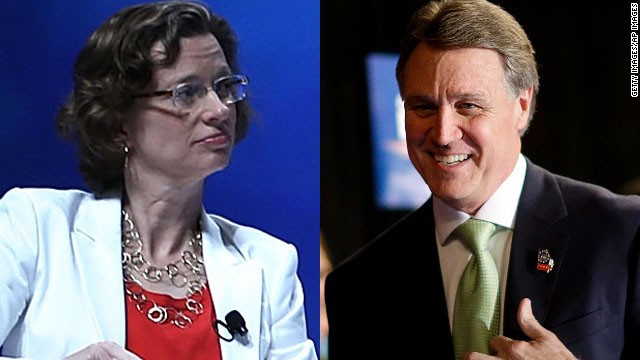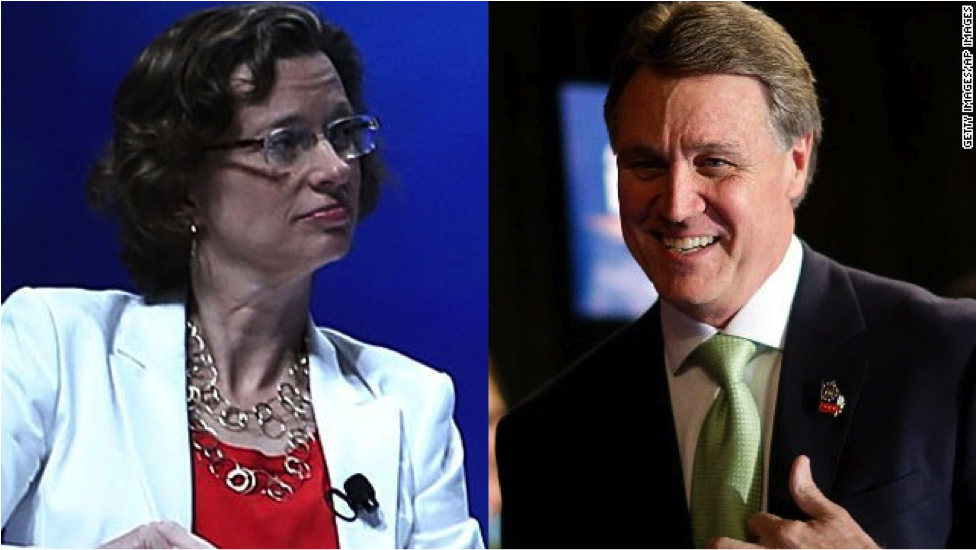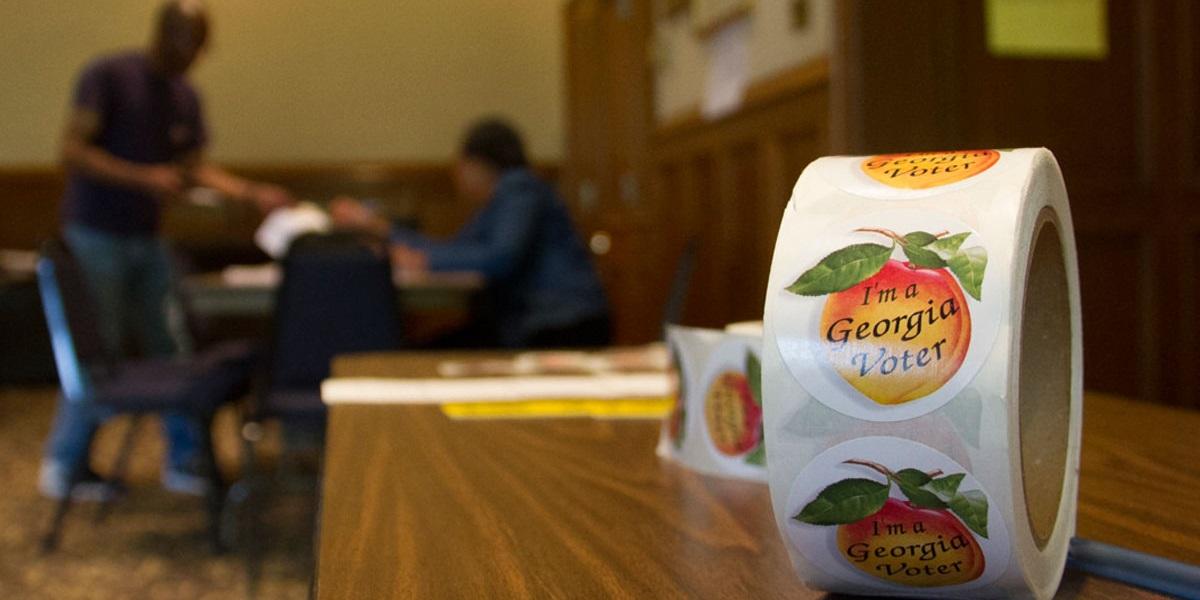By: Jon Wilson

As 36 states have been choosing their candidates for this year’s U.S. Senate and state gubernatorial elections, Georgia’s races are proving to be the most unique the state has seen in years. Unlike recent election cycles in the Peach State, this year’s two major elections feature big names for both Democrats and Republicans alike. In both races, three of the four final major party candidates—Jason Carter, Michelle Nunn, and David Perdue—are related to former Georgia political heavyweights. Additionally, both candidates in the Senate race are seeking to win their first ever election to a public office. This represents a major deviation from the norm in statewide elections and national politics as a whole, as it is only the third Senate electionsince 1980 where no major party candidate has ever held previous elective office. Finally, the races to be Georgia’s next U.S. Senator and Governor are particularly remarkable because their levels of competitiveness match the most contentious elections occurring this year.
After incumbent Senator Saxby Chambliss announced he was declining to run for a third-term reelection, his open seat became the object of an intense and crowded primary that ended on July 27. In total, eight individuals entered into the election’s Republican primary, including four elected state officials in The U.S. House of Representatives: Paul Broun, Phil Gingrey, and Jack Kingston, and former Secretary of State of Georgia Karen Handel. The other four candidates had never run for political office. In the time leading up to the primary election, most political observers doubtedformer CEO of Dollar General, David Perdue, had a chance to win the GOP nomination. While Perdue was not among Georgia’s most known politicians, he distinguished himself from his opponents by using his business background and outsider status to entice an electorate that appears wary of the current players in Washington. Additionally, many Georgians are familiar with his last name, as he is the cousin of former Governor Sonny Perdue.
The May 20 primary election resulted in Kingston and Perdue generating enough votes to move onto the July 22 runoff. Perdue emerged as the candidate for the Republican side with a margin of victory of less than 2 percent. Curiously, only one poll out of the ten in the runoff accurately predicted Perdue to win. While polls can sometimes be misleading, it is uncommon to find a string of polls that all turn out to be inaccurate. Additionally, the polls in the race had been fairly accurate in the initial primary. When one examines the numbers of the election, it is easy to see that the runoff suffered from very low turnout with fewer than 500,000 Georgians showing up to the polls. This number is much lower than 2012’s Presidential Election Republican primary turnout of nearly one million Georgians. While this may not be the cause of the polls’ errors, it, nonetheless, adds a layer of mystery to question of the polling inaccuracy. Alternatively, the pollsters may have polled unrepresentative samples for the runoff polls, causing the poll results to not accurately match the election results.
The Democratic side of the Senate election has been the attention of significant political buzz, but for different reasons than the Republican side. Unlike the Republican primary, the Democratic primary’s victor has been virtually known since she announced her intention to run. Michelle Nunn is an uncharacteristically strong Democratic candidate in a state where Democrats currently hold no elected statewide offices. Like her Republican opponent, Nunn has never been elected to political office. However, she shares a last name with her father, Sam Nunn, who still inspires admiration among many Georgians for his long tenure in the Senate as a moderate Democrat for much of the latter quarter of the last century. Michelle Nunn has been quite mum on controversial issues and has been running her campaign as a moderate Democrat, trying to take votes away from Independents who have traditionally voted Republican. Regardless of her campaign style, Nunn has received significant attention for being a rare Democrat with a real chance to win in Georgia. The road ahead for her will likely be tumultuous as Perdue turns his attention on her, and she can no longer hold a monopoly on being a political outsider in the race.
The gubernatorial election has received less attention than the Senate race, perhaps because it features an incumbent vying for his seat. Current governor, Nathan Deal, easily won the Republican primary held on May 20 as the Republican nominee for governor. However, Deal faces numerous ethics charges that threaten what could have been an uneventful reelection campaign. Oftentimes in politics, missteps and scandals can negatively affect a campaign or mar its prospects altogether. However, Deal’s persistence as a somewhat popular governor demonstrates the electoral edge Republicans continue to have over Democrats in Georgia. On the other side, Democrats have chosen current State Senator Jason Carter as Deal’s opposition. Carter is yet another political legacy and the grandson of former governor and President Jimmy Carter. Jason Carter’s campaign has strategically focused on Deal’s ongoing ethics investigations and the polls are showing a tight race between the two candidates.
Georgia’s demographics may be trending purple, but Republicans appear to continue to have a lock on the state’s politics. As mentioned before, Republicans still control all elected statewide offices. In addition, Democrats currently hold only one-third of both the State House of Representatives and Senate offices. The being said, the current Democratic candidates are polling much better than the Democratic candidates of 2010’s gubernatorial and Senate elections, which followed the national Republican wave. Though GOP candidates still seem to have the edge in Georgia races, Democrats in this election season are not going down without a fight. The forthcoming final stretch of the elections are likely to feature much political drama, which makes this one election cycle Georgians should pay attention to in the coming months.


